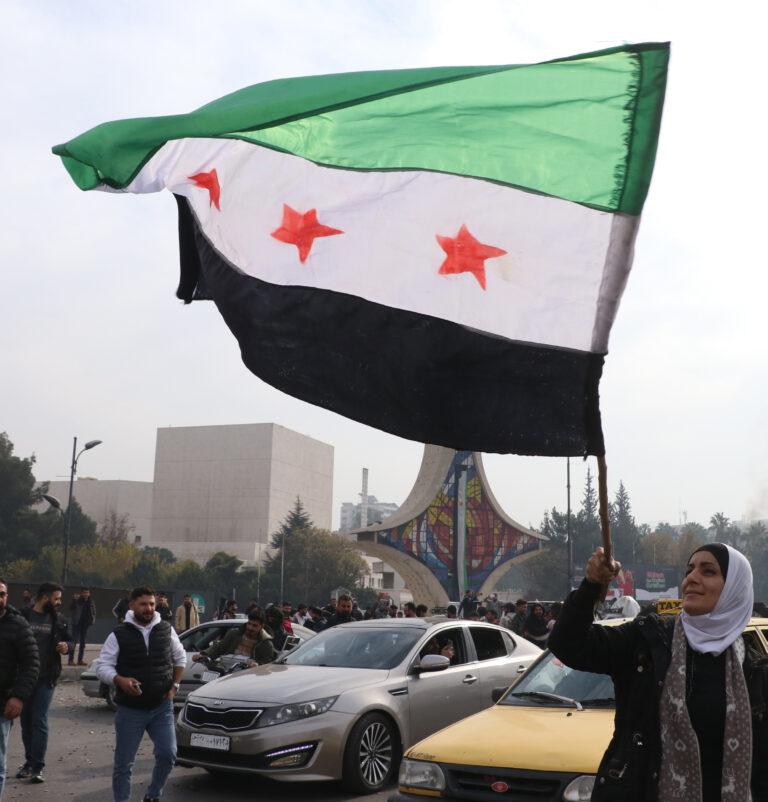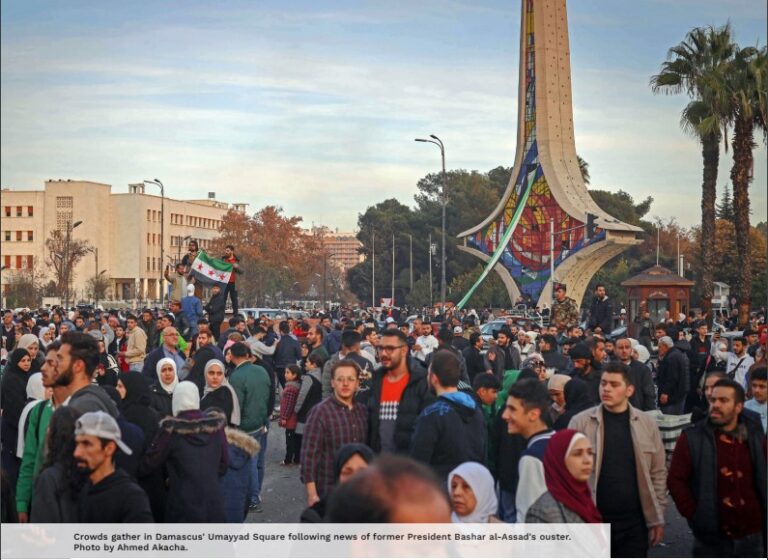Syria in 2020: New Response Challenges
to an Evolving Crisis
11 January 2020
The Syria crisis is changing, and the international Syria response must change, too. As the period of the conflict defined by rapid military developments draws to an end, response actors are increasingly being forced to contend not with the acute needs created by conflict conditions, but by the emergent realities and systemic issues present in a new Syria. As a new year begins, COAR presents a short primer on four of the most pressing dynamics that the Syria response must take into consideration as the crisis continues to evolve: the increasing decentralization of the Syrian state; the mechanisms by which the Government of Syria will retake control of the country; the transformation of civil society; and Syria’s dire economic conditions. It is our hope that this report will serve as a useful introduction to issues that will be at the heart of our research and analysis in 2020, and which are likely to exert considerable influence over the Syria crisis in the year to come and beyond.

Recent Publications
Weekly analysis and reporting centered around governance, economy, security, regional interventions, and social dynamics related to conflict and post-conflict Syria.

Syria Update 17 February 2020

Function Over Form: Rethinking Civil Society in Government-held Syria

Syria Update 10 February 2020

Syria Update 3 February 2020

Syria Update 27 January 2020
The Wartime and Post-Conflict Syria project (WPCS) is funded by the European Union and implemented through a partnership between the European University Institute (Middle East Directions Programme) and the Center for Operational Analysis and Research (COAR). WPCS will provide operational and strategic analysis to policymakers and programmers concerning prospects, challenges, trends, and policy options with respect to a conflict and post-conflict Syria. WPCS also aims to stimulate new approaches and policy responses to the Syrian conflict through a regular dialogue between researchers, policymakers and donors, and implementers, as well as to build a new network of Syrian researchers that will contribute to research informing international policy and practice related to their country.
The content compiled and presented by COAR is by no means exhaustive and does not reflect COAR’s formal position, political or otherwise, on the aforementioned topics. The information, assessments, and analysis provided by COAR are only to inform humanitarian and development programs and policy. While this publication was produced with the financial support of the European Union, its contents are the sole responsibility of COAR Global LTD, and do not necessarily reflect the views of the European Union.





